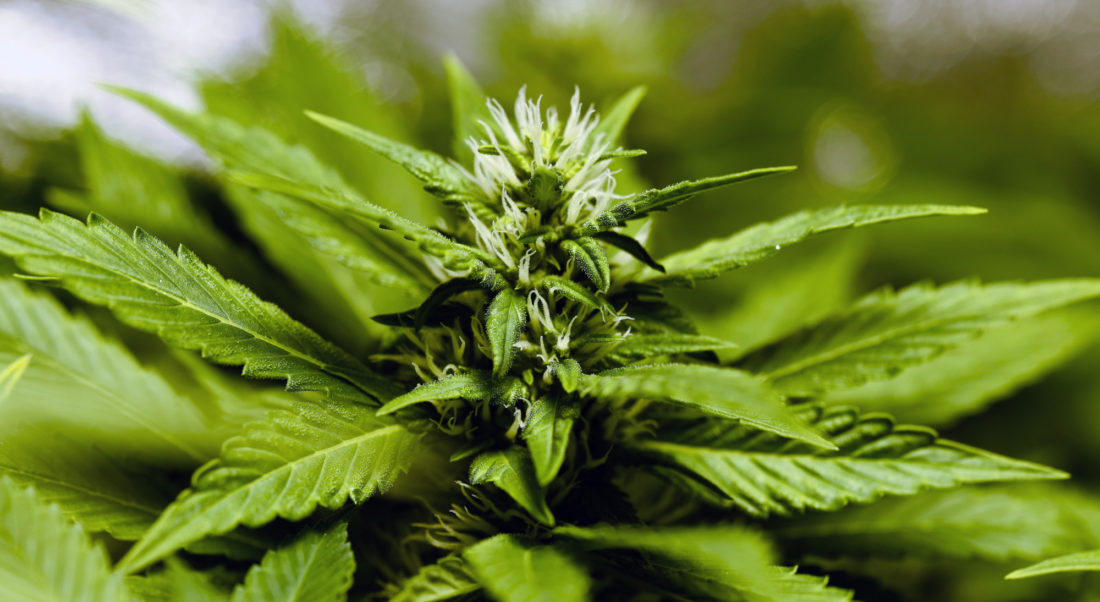Which Health Conditions Does Medical Cannabis Cure or Help Cure?
 You’ve heard horror stories about marijuana usage. You’ve also heard it’s a gateway drug that can lead to harder drugs.
You’ve heard horror stories about marijuana usage. You’ve also heard it’s a gateway drug that can lead to harder drugs.
However, the benefits outweigh the negatives.
When used for medical purposes, cannabis can quell symptoms associated with diabetes, eye problems, anxiety, cancer, AIDS, and Alzheimer’s.
Cannabis holds over 100 chemicals known as cannabinoids. The chemicals have various effects on the body, but CBD and THC are two primary compounds used in medicine.
This article will show you the benefits of prescription medical marijuana. Before purchasing marijuana for yourself it’s a good idea to check your state’s specific laws in terms of legal status and talk to medical experts. If you live in a state where medical marijuana is legal, like South Dakota, you’ll be surprised you can obtain a South Dakota medical marijuana card online from the comfort of your home. Let’s explore.
Table of Contents
Diabetes Management
When it comes to cannabis for diabetes, evidence indicates it can play a major role in prevention. The cannabinoid receptors buffer insulin sensitivity, which keeps diabetes at bay. Moreover, major reports reveal that medical marijuana can alleviate conditions associated with diabetes.
Medical marijuana is especially helpful for people with type-2 diabetes. Type-2 diabetes stops the body from merging glucose with your body’s cells. Type-2 diabetes can also cause pain and inflammation.
For example, cannabis can address inflammation within arterial walls. The use of cannabis oil and/or butter can replace normal butter and benefit the heart.
Studies show higher levels of good cholesterol within marijuana smokers. It also enhances the metabolism’s processing of carbohydrates. Overall, cannabis smokers are less likely to be obese or overweight.
Therefore, it will help diabetes patients keep the weight off.
Additionally, it can activate nerve receptors and suppress nerve inflammation. Manufacturers can also use it to make topical creams to address nerve pain or tingling sensations within the feet and hands.
Medical cannabis can also lower blood pressure for diabetic patients. Another factor that’s crucial for diabetic patients is blood circulation.
Cannabis keeps the blood vessels open and enhances circulation. Open circulation helps diabetes patients manage blood pressure.
Eye Conditions
Cannabis can also help diabetics with eye problems and helps patients deal with general eye complications. Glaucoma is a notable example, which affects optic nerves connecting to the eye.
High pressure within the eye also causes vision loss. However, research shows that prescribed medical marijuana can reduce eye pressure.
With prescribed eye drops, patients can slow down the effects of glaucoma. Doctors may also recommend other treatment measures (i.e. laser surgery) in conjunction with cannabis.
Out of all states, 33 permit the use of medical marijuana. The remaining states allow medical cannabis in restricted capacities.
Anxiety Issues
Medical cannabis doesn’t only treat physical symptoms. It can also help a person rest, and it enhances relaxation. Overall, it can provide a calmness to users and help them through difficult times. For example, cannabis can help someone dealing with a social anxiety disorder.
Regardless of condition, prescription-based cannabis can also help patients contending with mental health conditions like depression. In addition to anxiety and depression, it can quell other symptoms in the form of:
- Post-traumatic stress disorder (PTSD)
- Panic disorders
- Agoraphobia
It can treat conditions linked with general anxiety. If you’re having trouble concentrating, for example, certain strains aid concentration. If you suffer from insomnia, the relaxing properties can help you fall asleep easier.
Cancer Therapy
Cannabis can also suppress symptoms caused by cancer. Experts also claim it can slow down the growth of cancer cells and tumors. Marijuana can also help patients undergoing chemotherapy. If a patient deals with vomiting or nausea, he or she can take synthetic cannabinoids to address the symptoms.
These synthetic cannabinoids can come in the form of nabilone or dronabinol, and both have FDA approval. However, dronabinol doesn’t treat cancer symptoms.
Above all, cannabinoids can also relieve pain. The cannabinoid receptors cling to the brain and help patients cope with the pain. Like diabetic patients, it can also help with neuropathy. Neuropathy is nerve damage and can manifest in the form in the following ways:
- Pain
- Numbness
- Weakness
A medical marijuana prescription can address all of the above, including inflammation from cancer or the treatment.
Plus, other studies show it can also help cancer patients dealing with appetite issues.
AIDS Patients
Dronabinol helps AIDS patients eat more. Wasting syndrome is a common problem with AIDS patients. Wasting causes unintended weight loss stemming from such factors as muscle loss or fever.
Appetite stimulation can help patients maintain healthy weight levels. It’s worth noting that marijuana alone may not contribute to weight stabilization. Rather, its use with other therapies can have beneficial side effects.
This medical alternative can also treat AIDS side effects.
Another side effect of AIDS is peripheral neuropathy. This form of neuropathy occurs when nerve cells undergo a loss of sheath covering. As a result, patients undergo painful sensations.
With that, experts suggest the use of medical cannabis can provide relief to patients suffering from this condition. Additionally, studies involving AIDS patients show an increase in quality of life with the use of marijuana. It can also improve mental health and stabilize moods.
Best of all, research notes the use of medical marijuana can slow down the infection. It can also slow the rate in which the AIDS virus clings to cells. It may also slow down the replication rate of the virus.
Alzheimer’s Benefits
The THC component with marijuana can prevent Alzheimer’s altogether. THC is the psychoactive element of cannabis that gives users a high sensation. It also attaches to the cannabinoid receptors within the brain.
THC can reduce the production of beta-amyloid proteins. Experts believe these proteins cause Alzheimer’s. By the same token, medical cannabis can also reduce amyloid plaques, a primary factor in dementia patients.
The Cannabis Cure and Alleviation of Symptoms
Cannabis cannot cure major ailments like diabetes and cancer. However, they can alleviate many symptoms. A cannabis cure can come in the form of therapeutic treatments for patients contending with long-term diseases.
Cannabis can treat so many other ailments, such as epilepsy, Chron’s disease, and multiple sclerosis.
Before using, however, it’s important to know the guidelines of your state.









